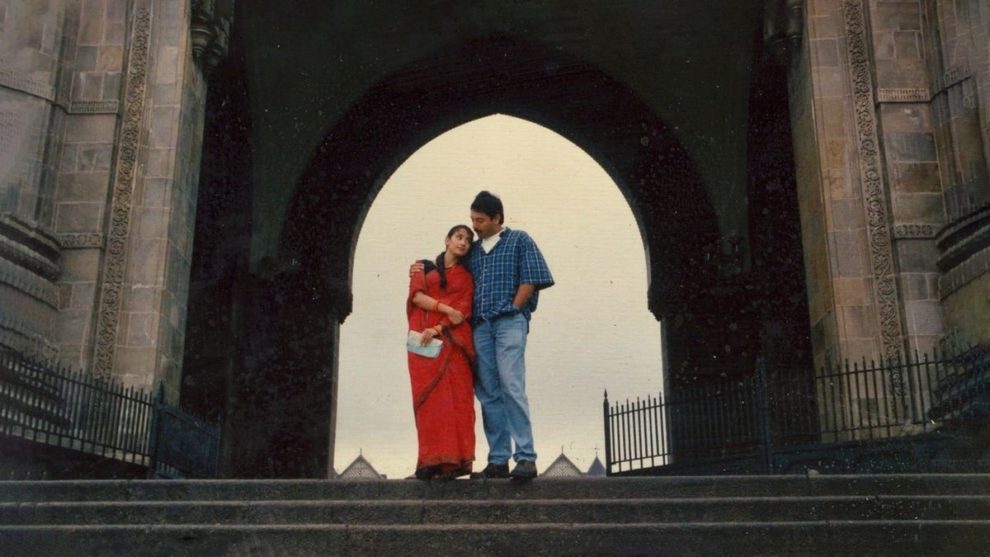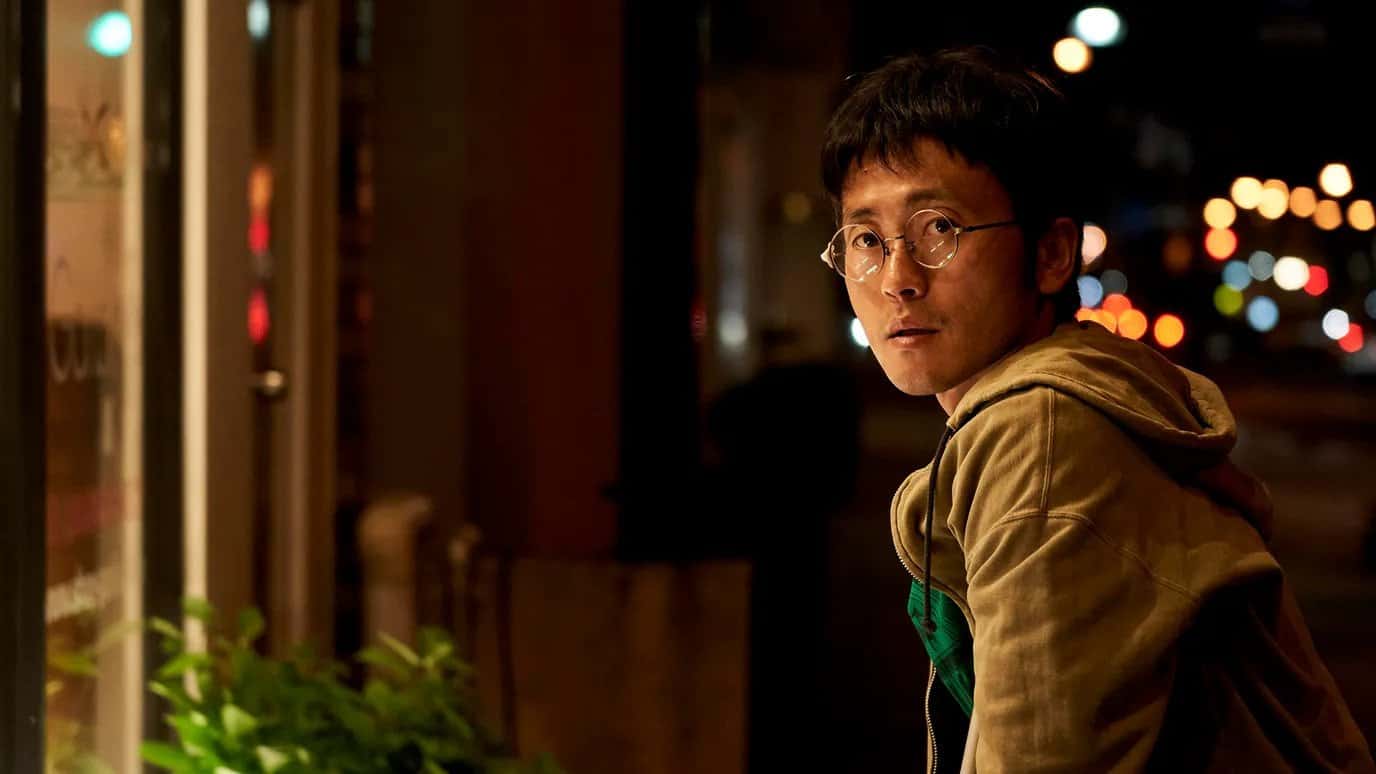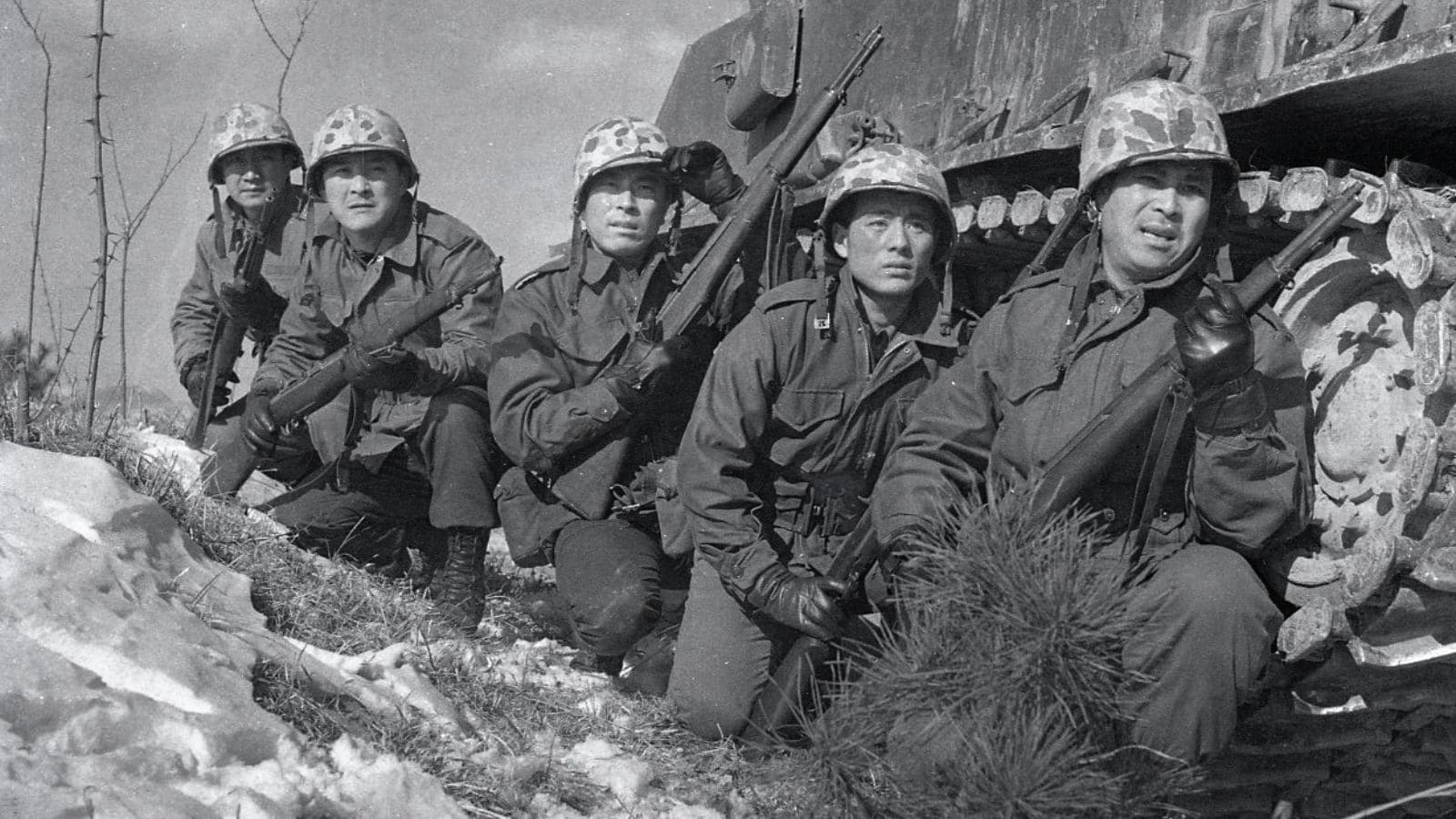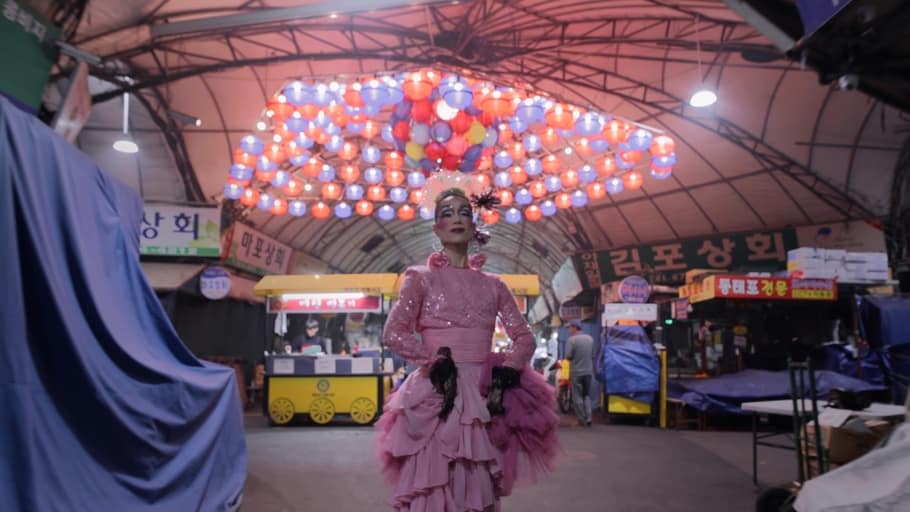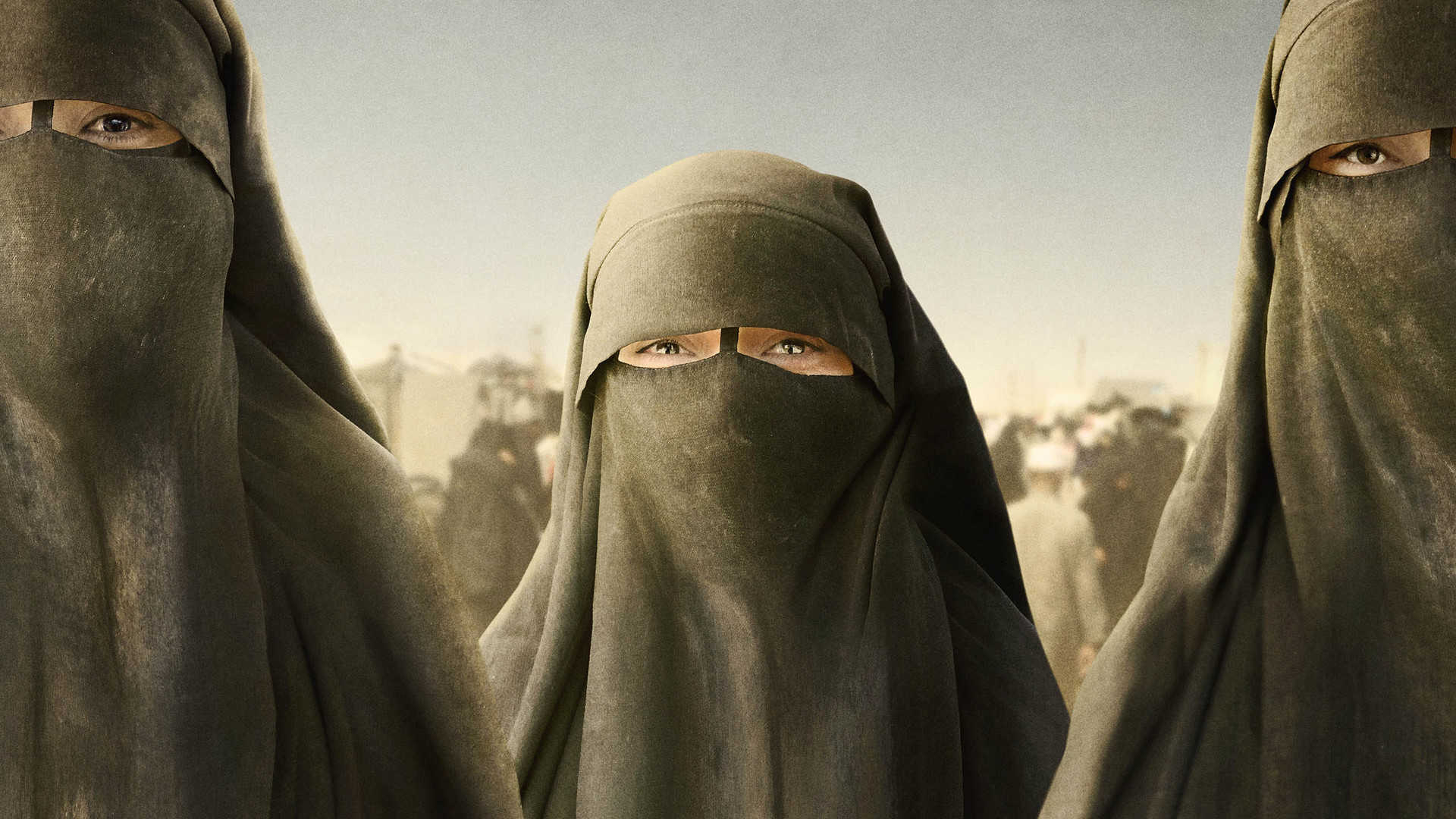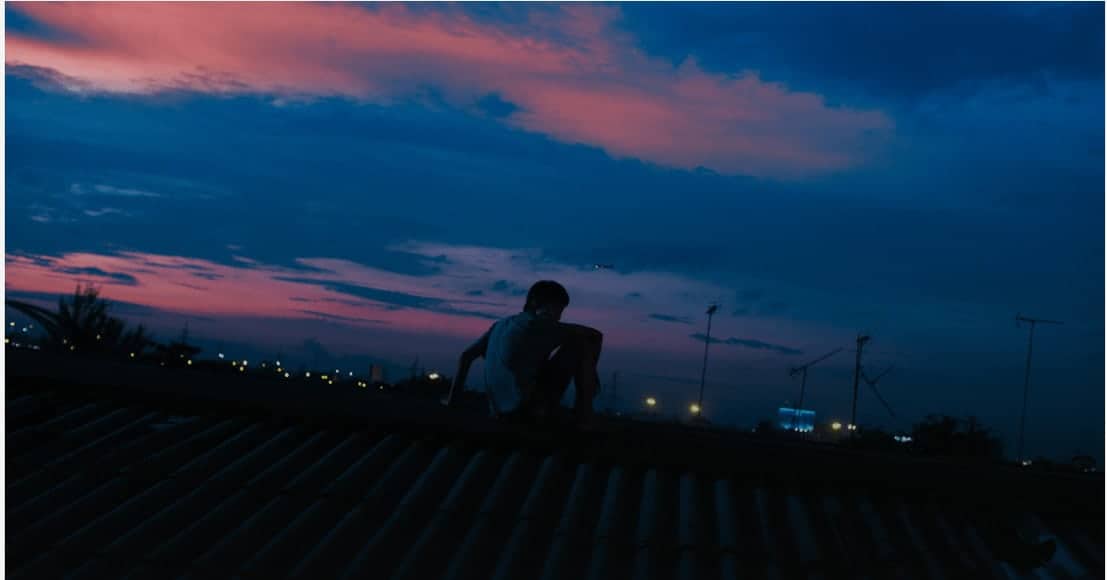Quite an iconic film for the Tamil movie industry (and Indian cinema), “Bombay” is one of the highest grossing Tamil movies of all time, while A. R. Rahman's work in the title is considered one of the greatest Indian soundtracks of all time. It is also a rather controversial production, particularly due to the depiction of inter-religious relations between a Muslim woman and a Hindu man, which led in bans in Singapore and Malaysia upon release. Even worse, two homemade bombs were thrown at the house of Director Mani Ratnam, who had to be hospitalized with shrapnel injuries.
The story starts in 1985, when Shekhar, the son an orthodox Hindu, returns to his coastal home village in Tamil Nadu, from Bombay where he is studying to be a journalist. His relationship with his father, Narayanan Pillai, is already tense, but things get worse after he notices Shaila Banu, a Muslim schoolgirl from the village, and falls immediately in love with her. The girl initially tries to avoid him, but his continuous woes and a couple of disguises, result in her also falling in love with him. Both parents however, do not want to even hear about this relationship, with Shekhar's meeting with Basheer, the girl's father, ending up almost in violence, the same applying to the meeting with his father, and the situation becoming even worse when Narayanan Pillai decides to confront Basheer.
A disgusted Shekhar leaves again for Bombay, with Shaula Banu soon following him there, where the couple eventually get married. Despite being poor and written off by both their families, they manage to make a decent living in the city, while soon they become parents of two boys, Kamal and Kabeer, raising one as a Muslim and the other as Hindi. However, the demolition of the Babri Masjid on December 6, 1992, results in a series of riots in Bombay as Hindus and Muslims are pitted against each other, putting even further strain on the “mixed” family. The presence of the two fathers, who start living under the same roof after a point, makes things even more difficult but also forces the two to get to know each other on a whole other level.
Mani Ratnam presents a rather multi-leveled narrative, since the elements of romance, drama and children's movie are all excellently presented through a package that is filled with intense sociopolitical comments about communal violence and interfaith relationships, with these elements essentially surrounding all the rest aspects of the movie. In that fashion, the way all these aspects, as much as all the protagonists, are allowed space to be analyzed while also mirroring bigger social issues, emerges as the movie's greatest trait, in a testament to the excellent direction Ratnam showcases here. Furthermore, the way he intersperses comedy throughout the movie, the music video scenes, which feature excellent music by Rahman while working rather organically for the movie, as in the case of the one representing the sex scene, and the way he “uses” kids in both these elements, is truly ingenious. The messages through the children while lying in bed, the “trick” of the two being raised in different religions but growing up in harmony under the same roof, and the paths they take during the riots are astonishing and add both entertainment and contextual value to the movie. Furthermore, the performances Ratnam draws from Master Harsha (Sumeet) as Kabir and Master Hridhay as Kamal are equally impressive.
The same applies to the two fathers, who are implemented in the same fashion, in comedy, drama and a message about peace and cohabitation, in another great trait of the movie that also benefits the most the performances of Nassar as Narayanan Pillai and Kitty as Basheer, with their antithesis and their bickering being excellently portrayed. The portrayal of the two protagonists is equally great,with them exhibiting another kind of antithesis as Manisha Koirala is sweet and innocent as Shaila and Arvind Swami decisive and disillusioned on a number of levels as Shekhar. The fact that he wants another child but she declines, eventually winning the argument, can also be perceived as a comment about sex equality.
Where the movie truly shines however, is when the riots begin, and even more so in the second one, which turns the film into a kind of political thriller, with the violence that fills Bombay eventually sucking in even friends and relatives, being portrayed in astonishing fashion. Rajiv Menon's cinematography, which had already portrayed images of astonishing beauty in the initial, rural setting, finds its apogee here, with the presentation of the events following an almost documentary style. The same applies to Suresh Ur's editing, who speeds up the pace in these sequences in the most fitting fashion. The message about the blights of this ridiculous hate (which actually continues to this day) in intensified by two interviews Shekhar takes from the two opposing leaders, which state that Hindis are the aggressors with the help of the State, and Muslims the defendants, but also shows that are both willing to resort to violence, not caring about its consequences for the people and the city. The fate of the two children adds even more to this approach, as much as the rather impactful finale, which ends up, though, in a kind of crowd-pleasing way.
“Bombay' is a true masterpiece, a testament to the prowess of all the people involved in the film, and a courageous production that highlights one of the most basic purposes of cinema in the most entertaining fashion.


